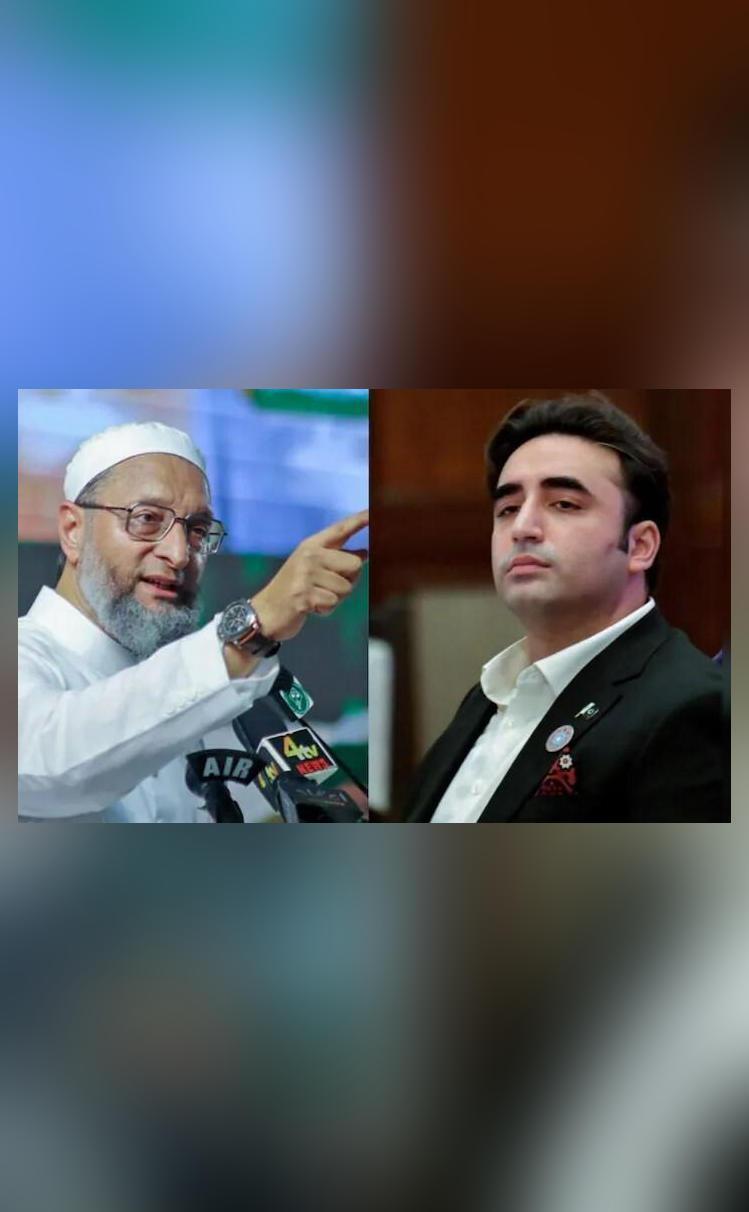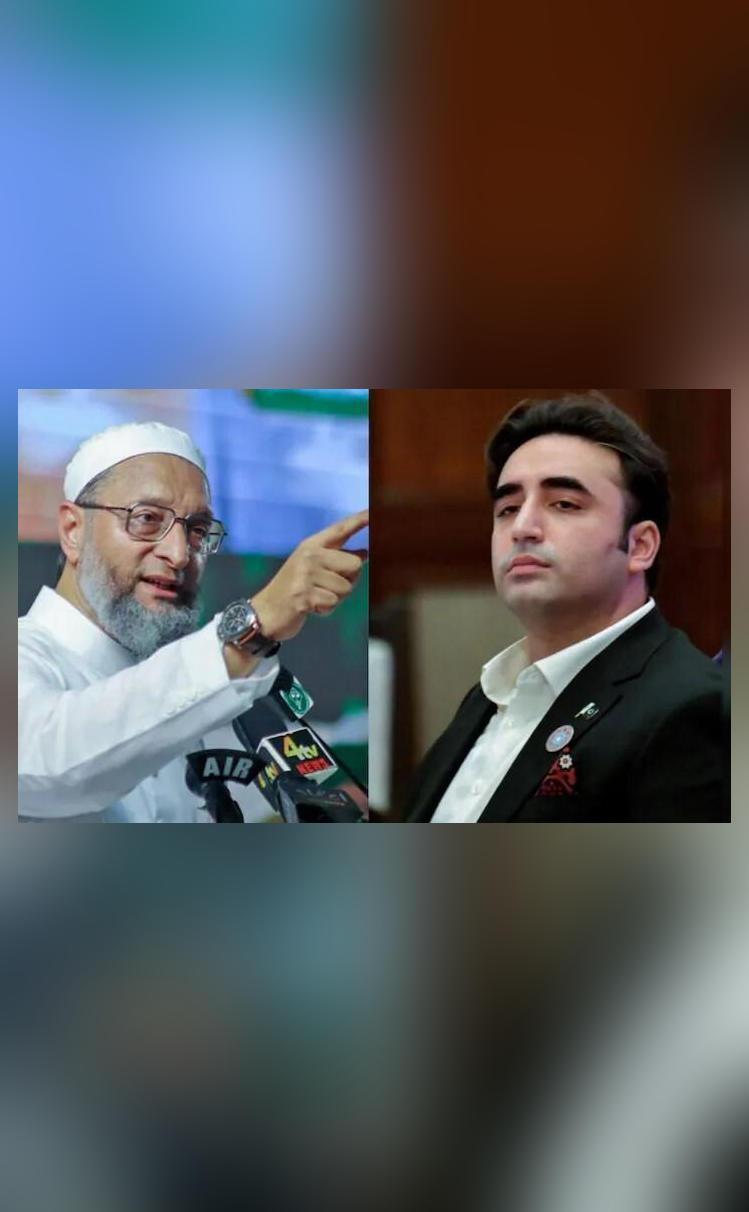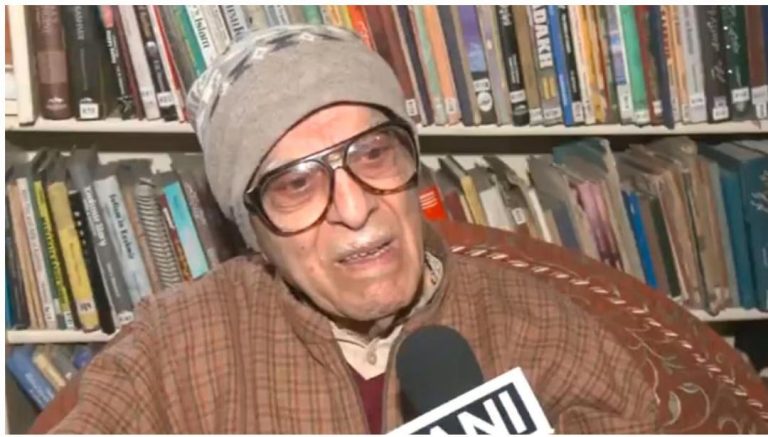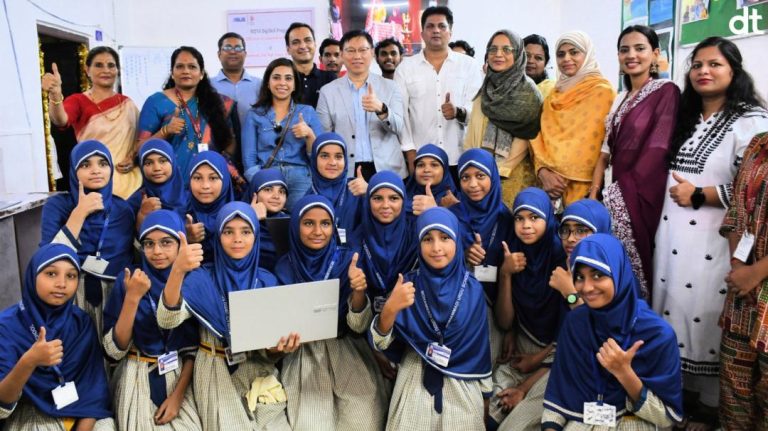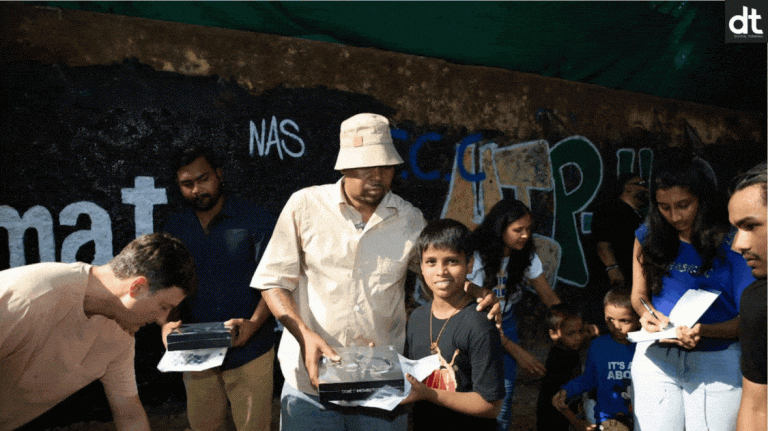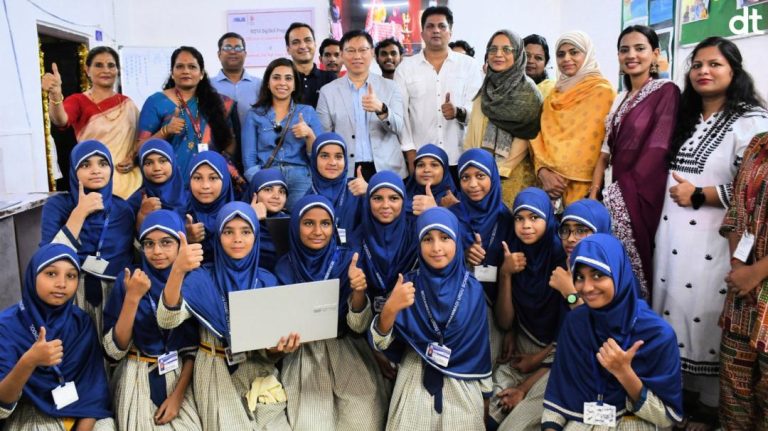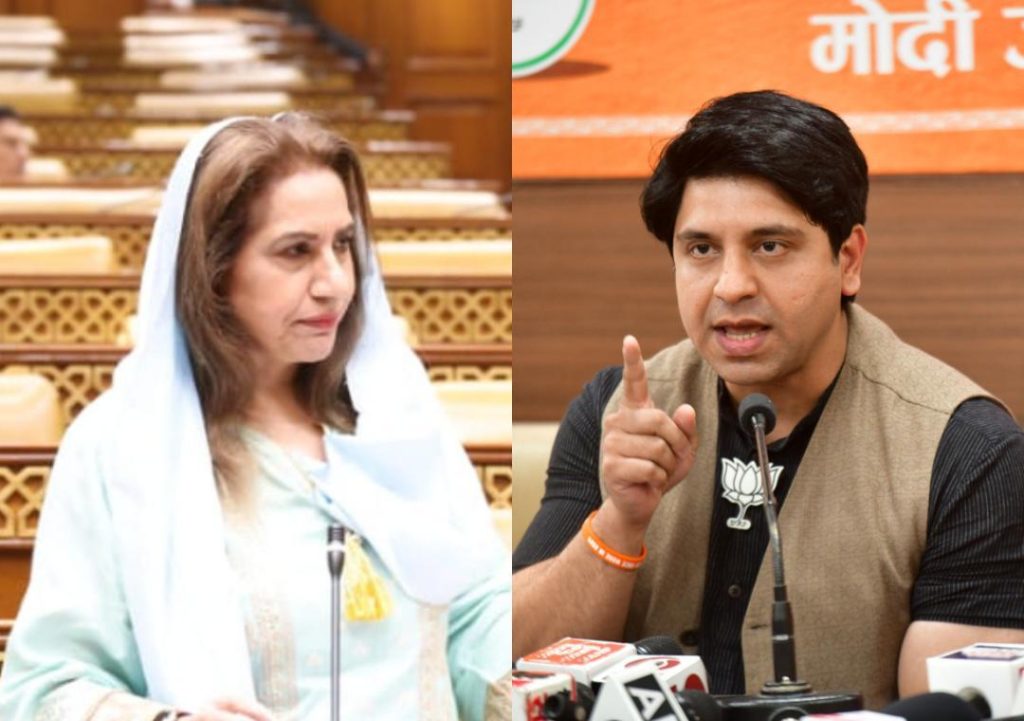
Pak Lawmaker says India will get own medicine’s taste, BJP says ‘You can’t even buy medicines’
In a recent statement, Pakistani lawmaker Uzma Kardar sparked a heated debate on social media when she said that India would soon get a taste of its own medicine. Her statement was made in response to India’s retaliation to the Pahalgam terror attack, which left several civilians injured.
Kardar’s statement was met with swift reaction from the Bharatiya Janata Party (BJP), with its spokesperson Shehzad Poonawalla firing back at the Pakistani lawmaker. Poonawalla’s response was a sharp rebuke, pointing out the hypocrisy of Pakistan’s stance on internal security.
In her statement, Kardar seemed to suggest that India would soon face similar consequences for its actions, implying that the country was heading towards a path of self-destruction. Her statement was widely shared on social media, with many users praising her for her bold words.
However, Poonawalla was quick to point out the flaws in Kardar’s argument. In a series of tweets, he took aim at Pakistan’s own internal security issues, pointing out that the country had given shelter to Osama Bin Laden in Abbottabad, a city in the northwestern province of Khyber Pakhtunkhwa.
“Madame, you can’t even buy your own medicines,” Poonawalla said, in a veiled reference to Pakistan’s own struggles with healthcare and economic issues. “The country which gave shelter to Osama Bin Laden in Abbottabad…is teaching others about internal security,” he added.
Poonawalla’s response was widely appreciated on social media, with many users praising him for his sharp retort. His statement was seen as a reminder that Pakistan’s own internal security issues were far from resolved, and that it was hypocritical of the country to lecture India on the matter.
The exchange between Kardar and Poonawalla highlights the deep-seated tensions between India and Pakistan, which have been simmering for decades. The two countries have a long history of conflict, with several wars fought over the disputed territory of Kashmir.
In recent years, the tensions between the two countries have escalated, with several incidents of cross-border terrorism and military clashes. The Pahalgam terror attack was one such incident, which left several civilians injured and sparked widespread outrage in India.
The response from Kardar and Poonawalla highlights the complexities of the situation, with both sides trading barbs and accusations. While Kardar’s statement was seen as a bold declaration of Pakistan’s resolve to fight back against India, Poonawalla’s response was seen as a reminder of Pakistan’s own vulnerabilities.
The exchange also highlights the importance of internal security, which is a critical issue for both India and Pakistan. Both countries have struggled with terrorism and insurgency, with several groups operating in the region.
For India, internal security is a major concern, with several groups operating in the country, including terrorist organizations like Lashkar-e-Taiba and Jaish-e-Mohammed. The country has also struggled with issues of Maoist insurgency and Naxalite violence.
For Pakistan, internal security is also a major concern, with several groups operating in the country, including terrorist organizations like the Taliban and Al-Qaeda. The country has also struggled with issues of Balochistan insurgency and Sindh’s law and order situation.
In conclusion, the exchange between Kardar and Poonawalla highlights the complexities of the situation between India and Pakistan. While both countries have their own internal security issues, the debate is far from resolved, and the tensions between the two countries are likely to continue.
Source:
